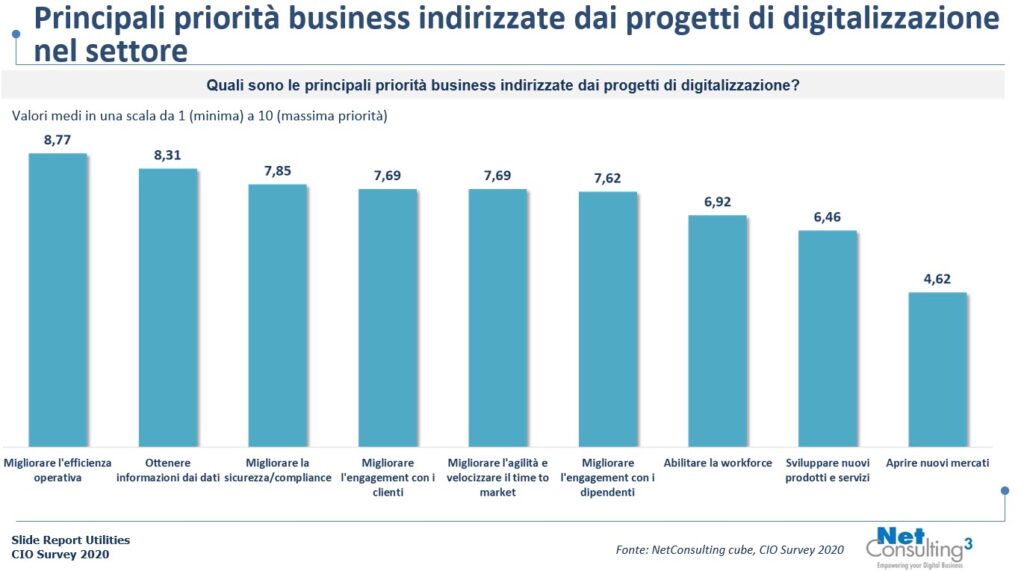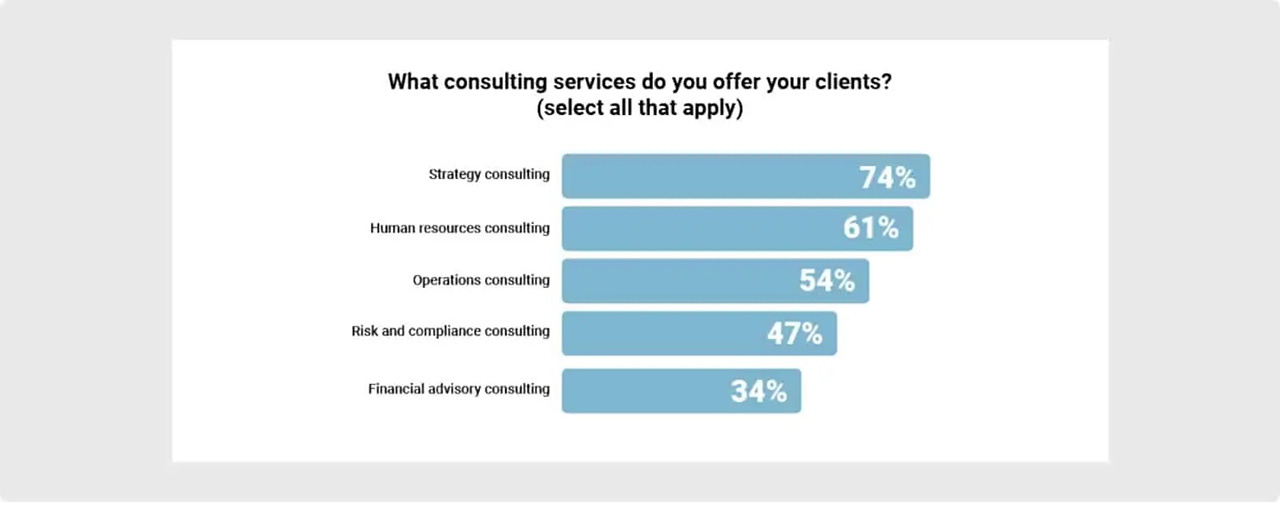
Human resource consulting was born out of management consulting. It focuses on the decisions and tasks involved in human resource management. There are two typical roles for a HR consultant. One is to provide analysis and strategy for HR. Another is to teach and develop. These roles are essential for an organization to succeed. Depending on the company's needs, these consultants may specialize in one or more of these areas.
Human capital consulting
Human capital consulting might be the ideal career option for those who love people and are interested in a career that makes a difference. Consultants work with companies to improve their business through the development of strategies, training programs and performance management system. A solid understanding of psychology, human behavior, and communication skills are required for this job. You also need to be able to think critically and create creative solutions.
In order to provide clients with an edge in the workplace, human resource consultants must be up-to-date on the latest developments in this field. A flexible workforce is essential as companies become more global and more competitive. Most companies are always looking for new ways of improving productivity and efficiency. Sometimes, this means changing their working methods.

HR consulting
Human resources consulting emerged from management consulting. This industry focuses on decisions and tasks related HR. An HR consultant usually fulfills two roles. The first is to plan and manage strategic aspects, while the second is to handle the operational side. These consultants can provide advice on how to manage people and processes as well as technology.
Companies can use HR consultants to increase their efficiency and implement new policies and procedures. Companies often bring them in to help with a particular problem. Their work can range from assessing a deficit in the company's human capital to drafting policy and implementing it. Others include implementing technology and driving organisational change. Although large multinational companies typically employ HR consultancies, smaller and medium-sized companies also use their services.
Analytics for HR
An HR analytics consulting firm can help you get the most from your data. This type of service gives you insight into employee behavior, trends, and can help make informed decisions. It can also be used to identify and eliminate unconscious biases, so that all candidates have equal opportunities. These insights are based upon data and can be used for improving hiring processes, reducing time spent in the hiring process, or identifying trends in recruitment outcomes.
HR analytics consulting is an emerging field. This field is seeing rapid growth thanks to AI and automation. It's also becoming more important as industries merge and assets become one. These changes have a significant impact on the human capital landscape. A number of other issues, such as aging and immigration, are becoming more pressing.

Learning & development
A Learning & Development consultancy HR is a great way to help your employees develop their talent. L&D professionals can work with your business leaders, executive leadership teams and other stakeholders to identify and implement effective training programs. L&D programs that work well with your organization's goals, objectives and metrics are the best.
Typically, learning and development consultants have a bachelor's degree in a field related to learning and development. Some employers prefer consultants who have a master's degree.
FAQ
How did modern consulting come to be?
The first consultants were actually accountants who would help companies manage their finances. Their skills in managing financial information led to them being called "accounting consultant". But, their role soon expanded to other areas such as human resource management.
The French word "to advise" is the origin of the term "consultant". It was first used by businessmen to refer to someone who could give advice about how to run an organisation. Even today, many business owners still use "consultant" when referring to professional advisors.
How much should a consultant charge?
It depends on your offering. It doesn't matter if you offer services at no cost. If you're selling products or services however, prices should be determined based on their value.
You don't have any products to sell if you provide low-quality services. You are not worth anything, so why should anyone pay you anything.
If you're providing high-quality services you might ask for a greater price. Because people are aware of the value you provide, they will be more willing to pay you a higher rate. Clients who purchase multiple packages may be eligible for discounts.
What is the difference?
An advisor is someone who provides information about a subject. A consultant is able to provide solutions.
A consultant works directly with clients to help them achieve their goals. An advisor advises clients indirectly through books, magazines, lectures, seminars, etc.
Which industries use consultants?
There are many types. Some are specialists in one type or another of business.
Some consultants work only for private companies, while others represent large corporations.
Some consultants also work internationally and can help companies around the globe.
What is a consultant?
Consultants provide services for others. This is more than a job title. You help others achieve their goals. This is done by helping others understand their options and making the right decisions.
Consultants are skilled at solving problems and overcoming challenges that can arise during projects. They also provide advice and guidance on how to implement those solutions.
A consultant should be able to answer questions about anything related to business, technology, finance, law, management, leadership, strategy, operations, customer service, human resources, etc.
Statistics
- "From there, I told them my rates were going up 25%, this is the new hourly rate, and every single one of them said 'done, fine.' (nerdwallet.com)
- According to statistics from the ONS, the UK has around 300,000 consultants, of which around 63,000 professionals work as management consultants. (consultancy.uk)
- 67% of consultants start their consulting businesses after quitting their jobs, while 33% start while they're still at their jobs. (consultingsuccess.com)
- According to IBISWorld, revenues in the consulting industry will exceed $261 billion in 2020. (nerdwallet.com)
- WHY choose me: Why your ideal client should choose you (ex: 10 years of experience and 6-week program has helped over 20 clients boost their sales by an average of 33% in 6 months). (consultingsuccess.com)
External Links
How To
What should I do to get started with a consulting business?
You can make a lot of money by setting up a consulting business. You don’t need to have business experience or invest capital. Building a website is a great place to start a consulting business. Once you have a website built, you can start using social media platforms such Instagram and Pinterest to spread the word about you services.
You can use these tools to put together a plan for marketing that includes:
-
Create content (blogs).
-
Building relationships (contacts)
-
Generating leads (lead generation forms).
-
Selling products (eCommerce websites)
Once you've created your marketing strategy, the next step is to find clients who are willing to pay you for your services. While some prefer to network through events and networking groups, others prefer to use online tools like Craigslist or Kijiji. It's up to you to make the decision.
Once you have a new client, you need to discuss terms. These could be hourly fees, retainer arrangements, flat-fee contracts, or other types of fees. You need to be clear about what you expect of a client before they accept you as a client.
The most common type of contract for a consultancy service is an hourly agreement. This contract allows you to pay a fixed amount each week or month for certain services. You may be eligible to negotiate a discount, depending on the service that you offer. Make sure you understand what you are signing when you accept a contract.
The next step is to create invoices and send them to your clients. Invoicing is one those things that seem so simple until you actually do it. There are many options for invoices to be sent to your clients. Some people prefer to email their invoices directly, while others prefer to mail them hard copies. Whatever method you choose, make sure it works for you!
Once you have created invoices, it is time to collect the payments. PayPal is popular because it is easy to use, offers several payment options, and most people prefer it. There are many other payment options, such as Square Cash, Square Cash and Google Wallet.
Once you are ready for payments to begin, you will need to open bank accounts. You can keep separate checking and savings accounts to track income as well as expenses. You can also set up automatic bank transfers to pay bills.
It can seem daunting to start a consulting business. But once you understand how it works, it becomes second nature. Our blog post contains more information on how to start a consulting business.
It's a great way for extra income without having to worry about hiring employees. Consultants can work remotely so they don't have the hassle of dealing with office politics and long working hours. You have more flexibility than traditional employees because you aren't tied down by work hours.